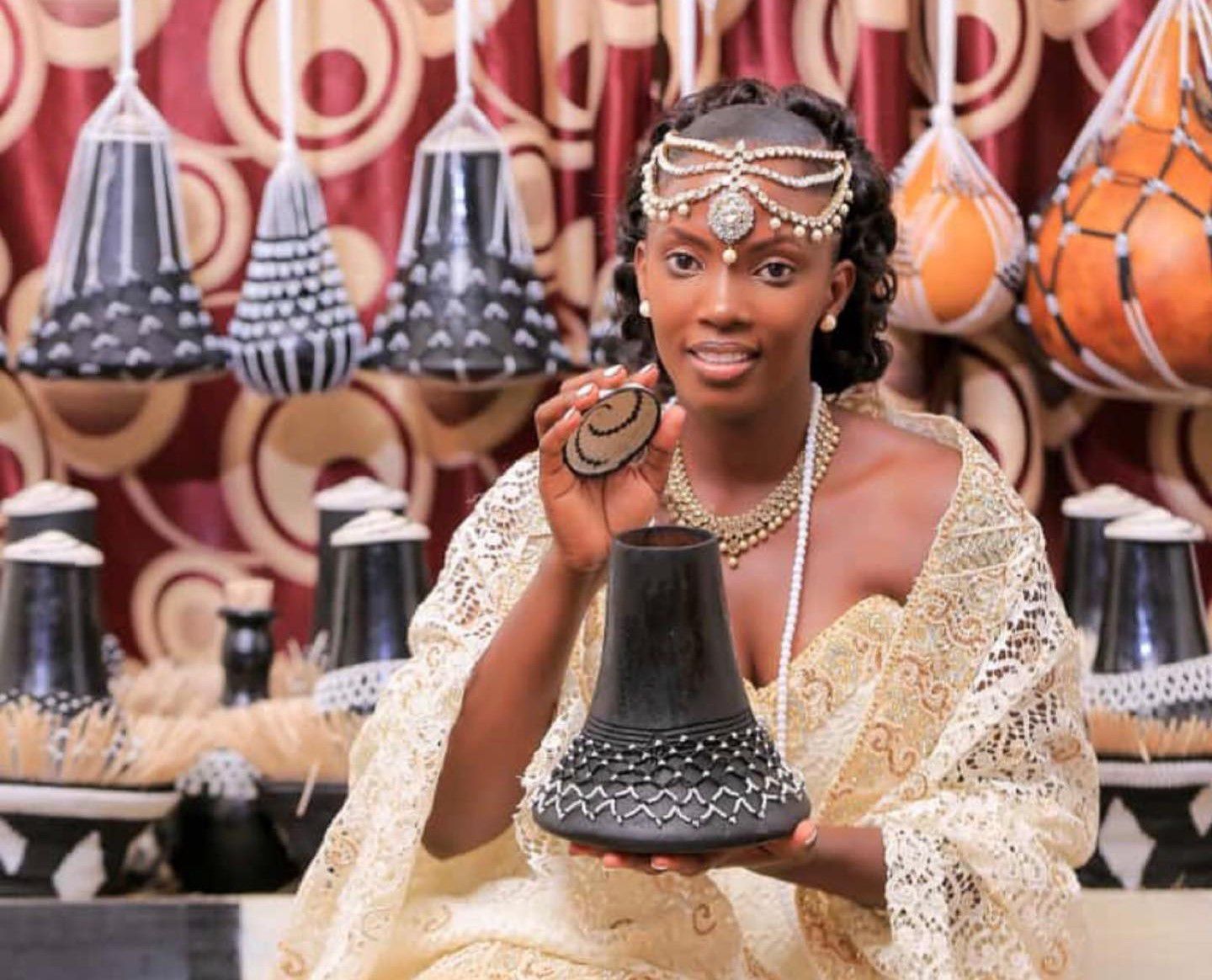Entertainment
It's taboo: Makerere's 'Meat-eating cows' project worries Museveni | Pulse Uganda
News
I just saw in the stalls people who are making animal feeds. I saw that they are making cows eat fish… that the cow feeds contain fish and offals.
The president warned against moving away from traditional agricultural practices, stating that there should be a return to indigenous knowledge and heritage.
He asked whether feeding cows human food could affect the natural characteristics of cow dung, which is traditionally different from human waste in terms of smell and handling.
In Ankole, human faeces has a name, and is very smelly because of what humans eat. We eat cereals, meats etc. Cows, on the other hand, also have a name for their dung, which is less smelly; we even handle it and use it to decorate our homes.
But now I am beginning to get worried. If a cow eats human food, does it still produce its natural dung?
He further questioned whether the digestive system of cows, which are herbivores, could even handle such diets.
Chickens and pigs can be fed on meat because even in nature, they can handle it, but cows, goats, and sheep, we need to find other ways that don’t involve feeding them with meat
The president suggested that while science may present new opportunities, some practices should be deemed "taboo" and rejected, particularly when they disrupt natural systems.
Dr. Anna Rose Ademunm, the Commissioner of Animal Health at the Ministry of Agriculture, supported the president's concerns, explaining the potential risks of meat-based feeds for livestock.
She clarified that goats and cows, with their four-chambered stomachs, are naturally designed to digest grass and chew cud.
“But when we feed these livestock with refined food, we are distorting their system,” she warned.
Dr. Ademunm also brought up the link between feeding animals meat-based diets and the emergence of diseases like mad cow disease, suggesting that such practices could be dangerous for both the animals and consumers.











